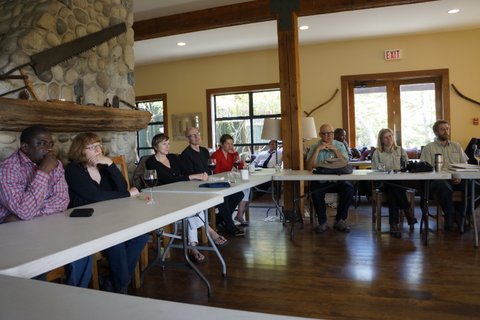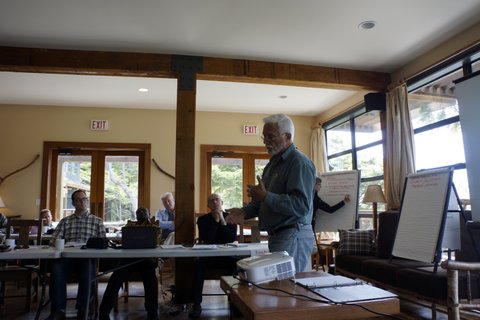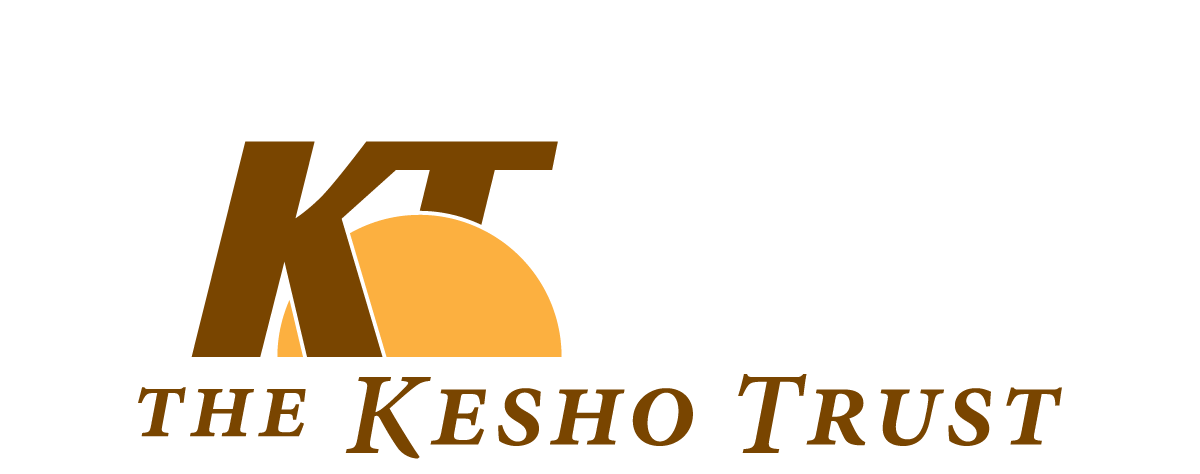The Protected Areas and Poverty Reduction Research Alliance [PAPR] is into it s final year now. The project has supported considerable research into the relationships between protected area conservation and the challenges of neighbouring communities under the four main themes identified at the outset: costs and benefits; human-wildlife interaction; governance; and, knowledge mobilization. The overarching linkages between poverty and conservation which is a prominent theme in the academic literature and the practice of international development makes this project and its results important not only in the study areas of the project but for application more broadly.
The international team of the PAPR came together in Canada recently to map out the process of synthesis which is to take place over the final year of the project. Representatives from all three participating countries, Canada, Ghana and Tanzania, attended the workshop held in Tofino. The Tal-o-qui-aht First Nation welcomed the group to its traditional territory and hosted participants to a closing salmon barbeque on Meares Island.
The agenda of the workshop was structured to celebrate and share our experience to date, to review plans for synthesis through publications and community actions, and to confirm next steps for each country team in the wrapping up of the project by July 2014.
To establish a base of knowledge from which to develop synthesis, the graduate students working within the project presented summaries of their findings. Their contributions have been a major focus of the research effort in our study areas. They are also the key representatives of the project within the communities of the study areas and will be an important part of the community engagement and feedback processes. The students focused on our Tanzania study areas and the general nature of their research are as follows: Baker Masuruil [tourism in the Serengeti ecosystem]; Enoch Makupa [livelihood benefits from WMA’s in western Serengeti]; Alex Kasingo [community evaluation of protected area governance in the Serengeti ecosystem]; Alejandra Orozco [institutional adaptive capacity in coastal environmental governance – a comparative study between Saadani and Pacific Rim national parks]; and Bruce Downie [environmental sustainability in household livelihood decision-making].
Another foundational activity at the workshop was a presentation and discussion of the relationship of poverty to the work of the PAPR. Don Reid led the session and which provided some broad context and through discussion groups linked the concepts to the work of individual project participants.
Grant Murray, the PAPR Chair, led an extensive discussion around the synthesis writing which focused on a proposed special journal issue containing representative PAPR papers and a book that will bring together the work of the project under the structure of the four themes. Section leaders for each theme volunteered to take a coordinating role in developing an approach within each of the four themes and preparing an overview for their section of the book.
Carleigh Randall and Rick Rollins led another important session of the workshop focused on the action plans for working with our study area communities during this final phase of the project. Activities had been identified by each of the country teams and sharing of these plans provided opportunities for expanding the scope and approaches for each of the study areas and for thinking specifically about the practical tasks necessary to implement the feedback to communities over the next year.
The workshop was a thought-provoking and energizing event that brought the international team together for a final time during the project. Some major milestones are still expected over the final year including the graduation of the sponsored students, the production of academic outputs and the engagement with our study area communities. It will be a busy and challenging year but already the team is looking forward to activities beyond the PAPR specifically how to take the knowledge and experience gained here to the World Parks Congress in Australia in the fall of 2014. Tofino was a suitable and productive wrap up meeting and everyone was suitably encouraged by the discussion and commitment from each of the country teams.
Bruce K. Downie
Director, Kesho Trust

Participants at the Tofino workshop [Photo: L. King]

Bruce Downie – presenting at the Tofino workshop [Photo: L. King]
